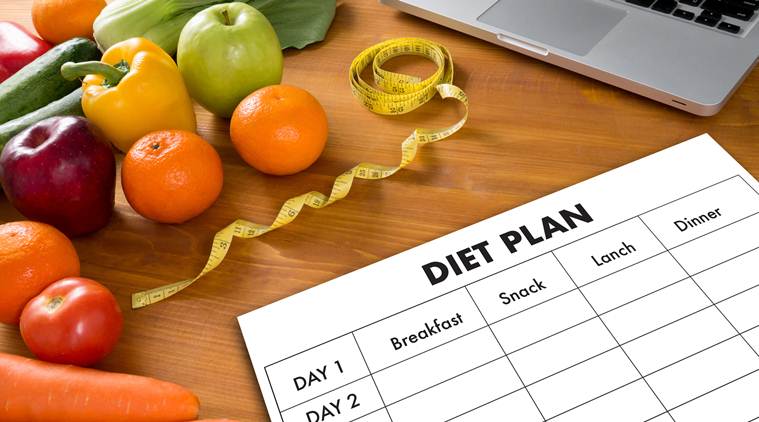Weight loss surgery is not a “quick fix,” but it is a tool to help patients who have been unsuccessful with diet and exercise alone lose weight and keep it off. The secret to success after weight loss surgery is to carefully follow your surgeon’s instructions. Successful gastric bypass surgery patients are committed to making necessary lifestyle changes including adhering to the strict post-op diet and exercise recommendations.
Bariatric procedures, such as gastric bypass surgery, work by one of two mechanisms (or a combination of both): restriction and malabsorption. Weight loss surgery helps patients lose weight by restricting the amount of food they are able to consume and/or limiting the nutrients and calories the body absorbs after eating.
Sticking to the strict gastric bypass surgery diet is key in achieving success. The goal of the gastric bypass diet is to allow your body to heal following surgery, while encouraging a change in eating habits. The diet is designed to prevent the stomach from being stretched by the food you eat, give you time to adapt to eating smaller amounts of food, help you lose weight, and avoid any side effects or complications from surgery.
If you are considering gastric bypass surgery or gastric sleeve surgery, here’s what you need to know about the typical bariatric post-op diet. (Your doctor or a registered dietitian will go over the details of the diet with you, explaining what you can eat and how much you can eat at each meal.)
The gastric bypass surgery diet is broken down into stages to ease you back into eating solid foods.
Day 1 and 2: Patients consume only clear liquids.
Day 3-22: Patients are able to start full liquids, including protein shakes, yogurt, etc.
Day 22 and beyond: Patients begin soft solids (nothing hard or crunchy).
During each of these stages, it is important that you:
- Drink at least 64 ounces of water each day to avoid dehydration.
- Drink liquids between meals, not with your meals. Avoid drinking anything within 30 minutes before you eat and 30 minutes after you finish eating.
- Eat and drink slowly.
- Consume lean, protein-rich foods.
- Choose foods that are low in fat and sugar.
- Avoid alcohol and limit caffeine.
- Take recommended vitamin and mineral supplements as directed by your surgeon as mineral and nutrient deficiency can be a concern.
- Chew solid foods thoroughly, chewing each bite at least 25 times.
- Start each meal with protein first, then vegetables and finish with fruits.
As a general rule of thumb, once you’ve reached the four-week mark, focus on eating three balanced meals and two healthy snacks daily, including three servings of protein, three servings of vegetables and one serving of fruit. Avoid consuming more than two servings per day of breads/starches and sweets. Eat slowly, chewing each bite 25 times. Start each meal by eating your protein first, then move on to vegetables and fruits.
Work directly with your First Baptist Medical Center weight loss doctor and/or nutritionist as you learn and develop new eating habits that will be sustainable over the course of your lifetime. If you have had surgery and have questions about post-op nutrition, contact us today.






